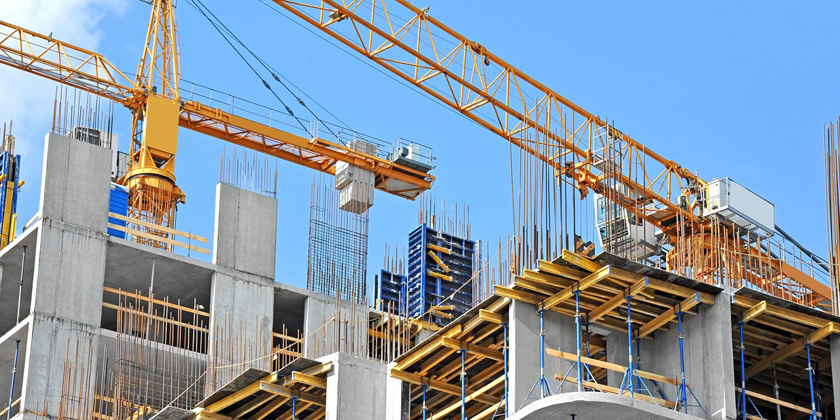In the past, construction waste was disposed of directly in landfills. However, in recent years, skip bin services have become the preferred way to dispose of builders’ waste, due to the intricate regulations surrounding waste disposal. Skip hire businesses handle the delivery, placement and disposal of skips, as well as providing additional customer benefits like on-site mobility, hassle-free online ordering and leading customer service. These services are highly appreciated by Saunders Waste customers as we offer prompt and timely delivery.
The Planning Stage
Before beginning your project, it’s important to choose the best placement for your waste removal solution. This needs to be close enough to the construction site for convenient access and removal, however it should still be far enough away to leave enough safe working space. There is no need for permits or council designations inside the construction site as the skip is easily moved around. You must also ensure that the waste is collected in a timely manner, as an excessive amount onsite could lead to unsafe conditions, potentially hazardous surroundings, and unhealthy working conditions.
Building Site Procedures
It is vitally important to ensure construction workers can easily access all storage containers, while also providing safe and convenient disposal of any debris. For safety, provide and position bins that will not become a hazard. Additionally, to avoid confusion, make sure to clearly label all recycling containers to differentiate them from general waste bins.
Recycling
It is important to consider how waste and scrap materials created during a construction project can be repurposed. For example, asphalt pavement and shingles can often be found at construction sites and are 100% recyclable. Another option is to use removed concrete for civil infrastructure projects, such as road construction/maintenance and trenches. Broken bricks also represent a valuable opportunity; they can be crushed and used as aggregate or as a recycled brick mixture. Lastly, it is essential to separate metals from construction projects; ferrous metals such as steel, cast iron, and wrought iron should be isolated and typically generate rewards upon disposal. Non-ferrous metals including copper, aluminium, lead, and tin are often more valuable and therefore it is worth taking the time to sort these types of materials.
Monitor and Act
Now that your construction project is drawing to a close, you can take the time to evaluate the waste generated, and develop a plan for reuse of any left-over materials. It can be difficult to predict exactly the amount of materials that will be necessary for a job, so it is not uncommon to have surplus goods at the end of the project. To ensure that these leftover items don’t go to waste, contact your supplier to investigate whether any items can be returned and reused elsewhere.
Suggestion
We caution against waiting until the end of the construction project and throwing all of the waste into a single pile to dispose all at once. This presents an immense amount of work to recycle everything. Whenever possible, separate recyclable materials as they are generated. This not only makes it easier to sort and recycle, it also prevents an overwhelming amount of work for your recycling efforts.
Prior to beginning construction, taking proper waste disposal and recycling steps will ensure proper waste management throughout the process. Multi-functional and reusable materials can be chosen to minimise the amount of waste left over, while ordering items from nearby suppliers on an as-needed basis can reduce the risk of unnecessary material being delivered. Finally, hiring a commercial waste management provider is beneficial in ensuring that waste removal, handling, and delivery happens in a timely manner without slowing down the project.
The Benefits
In Australia, there is a strong emphasis on utilising effective, long-term waste solutions. This reduces reliance on landfills and is beneficial to the environment. We suggest that when dealing with your construction projects, you focus on recycling, reusing and reducing waste. This not only comes with environmental benefits, but also ensures that any waste that is still produced is disposed of correctly.

